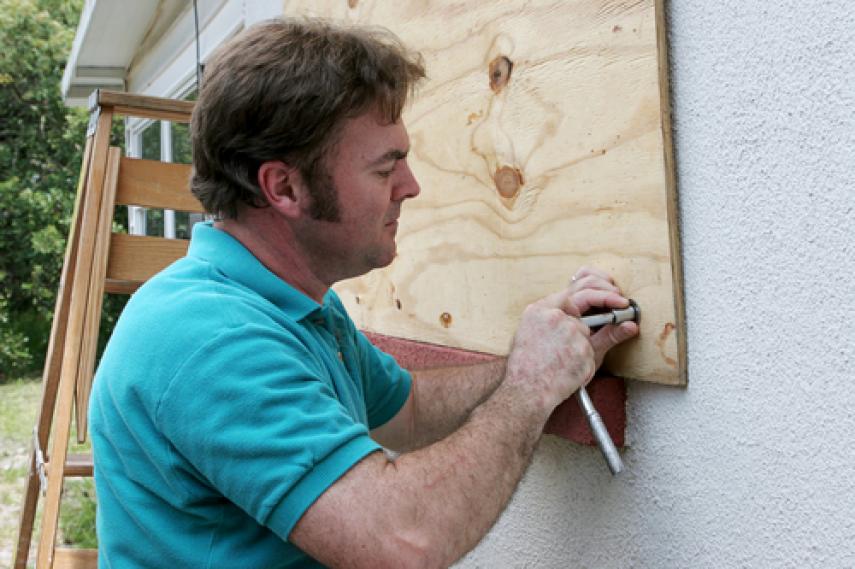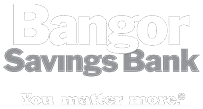
With tornadoes, earthquakes, and hurricanes, many people have been given an in-depth look at a natural disaster's devastating effects, including financial impact. In many cases, people lose their homes and personal belongings. While you cannot entirely prepare yourself against a natural disaster, you can develop your finances so you can more quickly recover and get back on your feet once the emergency is over.
Preparations to Take In Advance
Here are some ways to prepare your finances in advance.
Start and Maintain an Emergency Fund
The rule of thumb is to have a minimum of six months of your expenses saved up as an emergency fund. While you may think of this emergency fund as money to use in the event you lose your job; you also want to ensure you have enough to live on while recovering from a natural disaster.
Take Out Emergency Cash
While you may typically rely on your debit or credit cards, what happens if the power goes out or you are told to evacuate and you lose access to your account or are unable to get to an ATM or branch? You may want to have actual cash on hand to cover you for at least a week.
Have Adequate Homeowners Insurance
Have your home adequately insured prior to a natural disaster so you can use the funds you receive from the Insurance company to help you rebuild your home and your personal belongings.
Recovery
Once disaster strikes, your financial situation can become fluid and will likely continually change as you are going through the recovery process. You may want to:
- Evaluate your monthly expenses and income pre- and post-disaster
- Calculate your available assets and liabilities
- Review your credit report
- Assess whether you are still able to make your monthly payments such as your car or mortgage
How to Get Help Afterward
After the disaster passes there are ways of getting help.
Apply for FEMA Grant and Use Its Other Resources
The Federal Emergency Management Agency (FEMA) provides emergency relief help to people following a natural disaster. You may be eligible for FEMA funds up to $33,000 through the Individuals and Households Program and FEMA directly. This assistance can help to repair your home to make it livable again or will pay for the expense of temporary housing.
The Emergency Financial First Aid Kit (EFFAK) helps financially prepare you and offers tips for reducing the impact disasters may leave on your finances.
Seek Other Assistance
If you cannot go back to work right away, consider applying for unemployment. The unemployment office in your town can help you, or you can use the (FEMA) site to file for unemployment assistance.
If your place of employment was impacted, you might have to find short-term work in another area or a new job entirely while your community is going through the rebuilding process.
A natural disaster can strike anywhere at any time. No matter what type of disaster it is, it can leave devastating results. While you may have emergency resources ready to go like bottled water, flashlights, extra food, and batteries, consider if you are financially prepared for the aftermath.
Insurance products are offered through Bangor Insurance, a division of Bangor Savings Bank.
